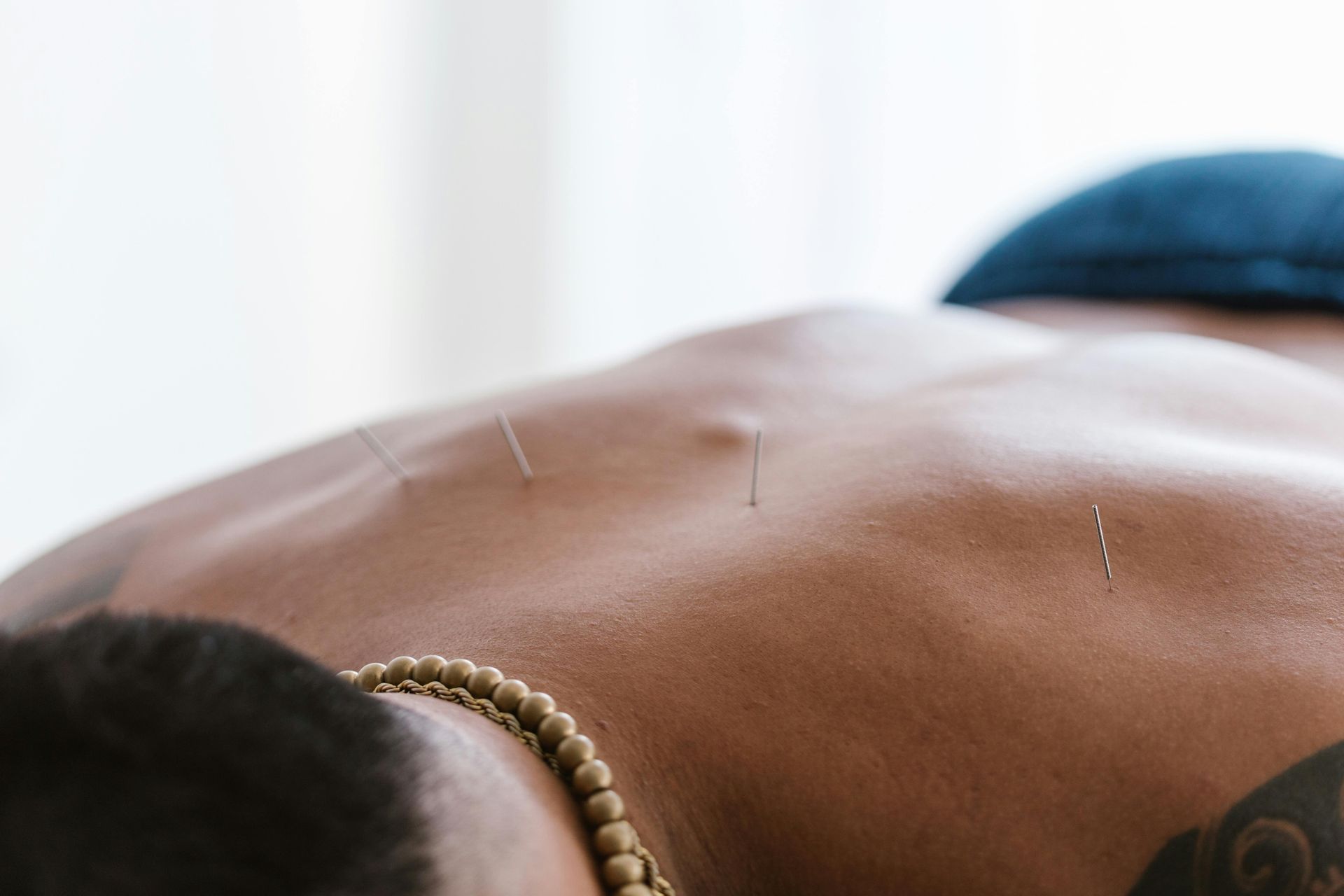Why Self-Care Isn’t Selfish
A Paradigm Shift for Caregivers and Professionals

Introduction
Self-care often carries a stigma. People think it’s indulgent or that it’s only for those who have “extra time.” But as someone juggling a rigorous academic schedule and caregiving duties, I’ve learned self-care is a necessity—one that boosts our capacity to care for others.
The Guilt Factor
- Common Misconceptions: Many caregivers feel guilty when they take time for themselves. In reality, ignoring your own needs can lead to burnout, decreased patience, and even health complications.
- Mindset Shift: Think of your well-being as a cornerstone for everything else you do. By prioritizing self-care, you’re actually preventing the cascade of stress that could limit your ability to serve.
Small Shifts that Make a Difference
- Reclaim Moments of Joy: It could be listening to your favorite music while folding laundry or savoring a cup of tea before heading to the hospital. Find ways to inject small bursts of joy into daily tasks.
- Practice Self-Kindness: When you catch yourself feeling guilty for taking a moment to rest, gently remind yourself, “Caring for me helps me care for others better.”
- Allocate “Micro-Downtime”: Even 10 minutes per day can be a game-changer. Use that time for guided meditation, journaling, or a quick walk.
From Self-Care to Self-Empowerment
When you shift your perspective and see self-care as an integral part of caregiving, you start to reclaim your own power. You become more attuned to your emotional, physical, and spiritual signals—allowing you to respond rather than react to stress.
Call to Action
Pick one self-care habit you’ve been meaning to try. Start today. Whether it’s a short meditation or a leisurely walk, embrace it as an act of love for yourself and for those who count on you.




